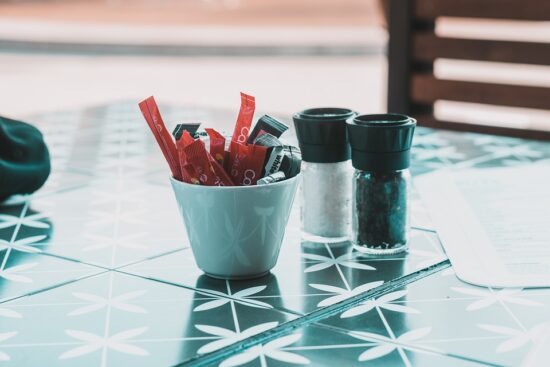Nonnutritive sweeteners can promote the dissemination of antibiotic resistance through conjugative gene transfer
Antimicrobial resistance (AMR) poses a worldwide threat to human health and biosecurity. The spread of antibiotic resistance genes (ARGs) via conjugative plasmid transfer is a major contributor to the evolution of this resistance. Although permitted as safe food additives, compounds such as saccharine, sucralose, aspartame, and acesulfame potassium that are commonly used as nonnutritive sweeteners have recently been associated with shifts in the gut microbiota similar to those caused by antibiotics. As antibiotics can promote the spread of antibiotic resistance genes (ARGs), we hypothesize that these nonnutritive sweeteners could have a similar effect. Here, we demonstrate for the first time that saccharine, sucralose, aspartame, and acesulfame potassium could promote plasmid-mediated conjugative transfer in three established conjugation models between the same and different phylogenetic strains.
AMR NEWS
Your Biweekly Source for Global AMR Insights!
Stay informed with the essential newsletter that brings together all the latest One Health news on antimicrobial resistance. Delivered straight to your inbox every two weeks, AMR NEWS provides a curated selection of international insights, key publications, and the latest updates in the fight against AMR.
Don’t miss out on staying ahead in the global AMR movement—subscribe now!







